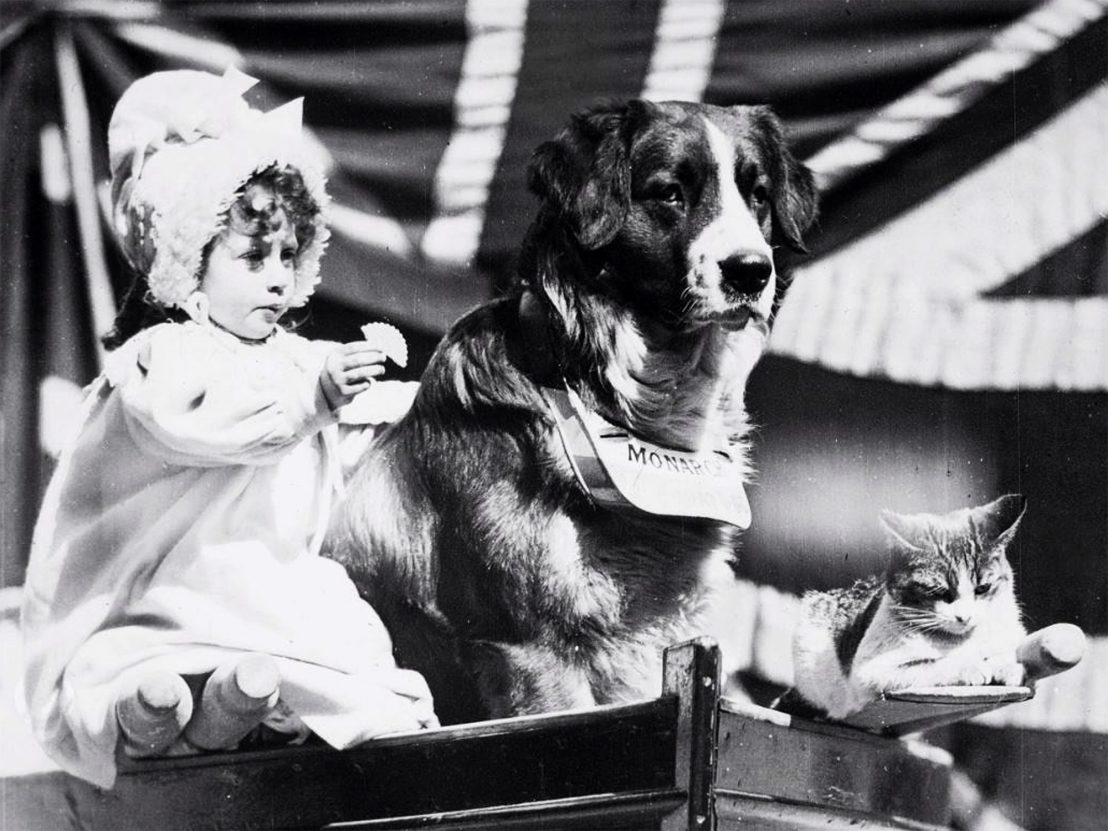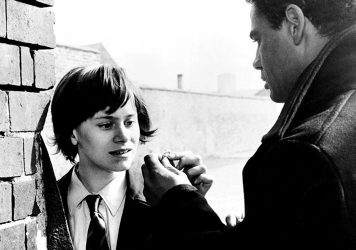
One of the highlights of last year’s BFI London Film Festival was the gala presentation of The Great Victorian Moving Picture Show at BFI IMAX, a spectacular variety show of large-format movies, comic skits, documentary and newsreel footage. The films, most running at just a few seconds, provided a window to another world, a time when cinema was still emerging as an artistic medium.
Now, in anticipation of Queen Victoria’s bicentenary, the BFI’s vast collection of British Victorian Film is being made available to watch for free online via the BFI Player. The archive comprises 700 films made between 1895 and 1901, with some 500 films having been newly digitised from original source materials. 4K digital restorations of incredibly rare 68mm films – at almost four times the image size of regular 35mm film – bring the Victorian world to life in breathtaking high-definition clarity.
Various aspects of the Victorian age are represented in the collection, from bustling street scenes to snapshots of child playing to clips of several popular entertainers of the day, while several films, including Pelicans at the Zoo (1898) and Spiders on a Web (1900), depict animal life. On a more sombre but no less captivating note, the collection also contains reportage footage from the Boer War as well as UK-filmed reconstructions of international stories like the Boxer Rebellion.

Most astonishing of all is Scenes at Balmoral (1896), which shows Queen Victoria herself on the occasion of a visit by the Tsar Nicholas II to the royal residence – the earliest known moving image of a British monarch. There are appearance from a host of other Victorian celebrities, such as Edward VII, The Duke of York, Kaiser Wilhelm II, Pope Leo XIII and English cricketing legend WG Grace and Prince Ranjitsinhji. Other sporting occasions include the 1899 Oxford and Cambridge Boat Race and several early football matches.
In chronicling both major historic events and everyday occurrences in Britain in the late 19th and early 20th centuries, the collection challenges preconceptions of Victorians as austere, stuffy people. It’s an invaluable history lesson and a humbling reminder that we are not so dissimilar from our forebears.
Explaining the importance of preserving this cultural legacy, BFI silent film curator Bryony Dixon, who oversaw the painstaking restoration process, says “Early British film is a legacy to be proud of, these rare moving pictures document the last years of Queen Victoria’s long reign with a vividness that no other kind of historical artefact can bring. These incredibly rare, fragile film fragments speak volumes, adding colour and texture to our understanding of the Victorians vibrant and rapidly progressing world.”
The BFI’s collection of British Victorian Film is available for free on BFI Player from 13 May. The online collection is complemented by a Victorian Film Weekender programme of screenings and events at BFI Southbank (9-12 May). Discover more at player.bfi.org.uk
Published 9 May 2019

The producer of Born a Rebel speaks about the challenge of documenting more than a century of female protest.

Shelagh Delaney’s voice stood out from the angry young men who dominated British cinema in the mid 20th century.

Filmmaker Alex Barrett delivers a gorgeous, poetic ode to this bustling and diverse city.